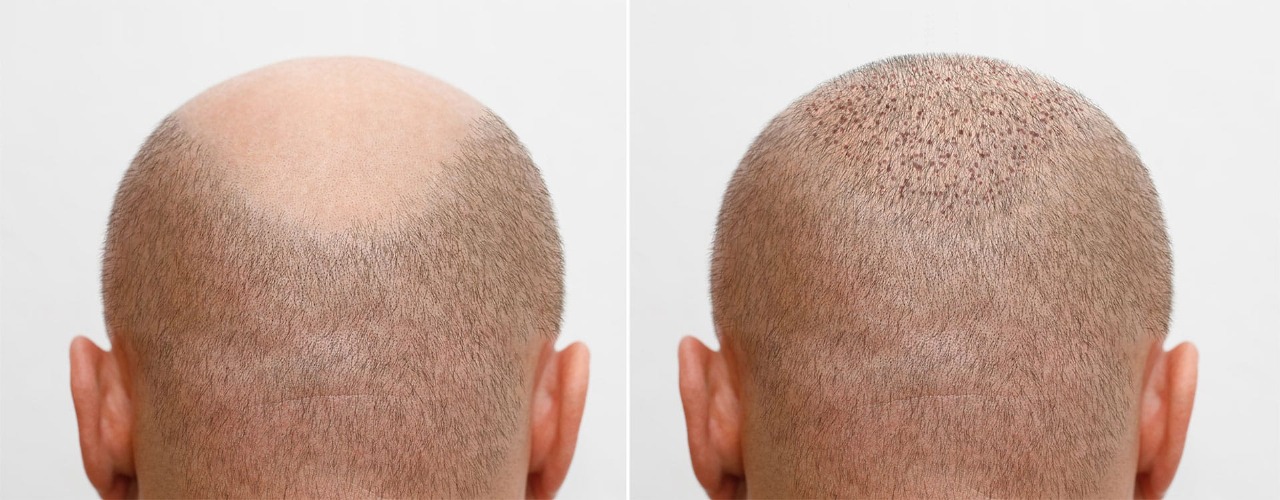
Understanding SIRVA Injuries and Their Implications
What is SIRVA?
Shoulder Injury Related to Vaccine Administration (SIRVA) is a recognized condition that arises from improper vaccination techniques, particularly involving injections administered in the deltoid muscle. The term encompasses a range of injuries resulting from unintentional damage to tendons, ligaments, or nerves during the vaccination process. While vaccinations are crucial for public health, the mechanistic errors in administering them can lead to significant discomfort and lasting injury. SIRVA injuries are defined by pain that typically starts within 48 hours of the vaccination and persists for months, hindering the quality of life and day-to-day activities.
Common Symptoms and Causes of SIRVA
The symptoms associated with SIRVA include but are not limited to:
- Pain in the shoulder region, particularly in the area where the injection was administered
- Restricted range of motion
- Swelling or inflammation
- Weakness in the arm
- Persistent discomfort that can radiate down the arm
These symptoms can stem from various causes, primarily attributed to the technique used during vaccination. For instance, injecting too high on the arm, failing to properly assess an individual’s anatomy, or using an improper needle size can all contribute to developing SIRVA. Moreover, individuals with prior shoulder issues or anatomical abnormalities may also be at greater risk for injury.
The Impact of SIRVA on Daily Life
The ramifications of SIRVA extend beyond physical injuries to significant impacts on personal and professional life. Individuals may struggle with daily activities such as lifting objects, reaching overhead, or even performing simple tasks like dressing and grooming. In more severe cases, mounting pain can lead to psychological consequences including anxiety and depression, further diminishing the quality of life. Additionally, those suffering from SIRVA may experience a loss of work productivity, resulting in financial strain and potential disability claims.
Why You Need SIRVA Injury Attorneys
The Role of Injury Attorneys in SIRVA Cases
The role of SIRVA injury attorneys is crucial in navigating the complex legal landscape associated with these injuries. They provide essential guidance on how to build and present a solid case, advocating for the injured party’s rights. Their responsibilities include investigating the circumstances surrounding the vaccination, collecting necessary evidence, dealing with insurance companies, and negotiating settlements.
Benefits of Hiring Specialized Legal Assistance
When dealing with SIRVA cases, specialized legal assistance can offer several advantages:
- Expert Knowledge: Attorneys with experience in SIRVA cases understand the intricacies of medical interpretations, liability issues, and state-specific regulations.
- Maximized Compensation: They can help recover costs associated with medical treatment, lost wages, and pain and suffering, typically exceeding what an individual might negotiate on their own.
- Contingency Fee Basis: Many personal injury attorneys operate on a contingency fee basis, meaning clients only pay legal fees if their case is successful.
Analyzing Case Complexity and Duration
Each SIRVA case varies in complexity, often influenced by factors such as the robustness of available evidence and the willingness of insurance companies to negotiate. Typically, the duration of a case can range from months to years, depending on these variables. A skilled SIRVA injury attorney can assess the details of the case early on, providing clients with realistic expectations concerning timeframes and potential outcomes.
Steps to Take After a SIRVA Diagnosis
Gathering Evidence for Your Case
Once diagnosed with a SIRVA injury, collecting relevant evidence is critical. This begins with documenting all medical treatments received, including doctor visits, therapies, and diagnostic imaging that supports the diagnosis. Additionally, maintaining a diary noting pain levels, daily limitations, and any changes in work capacity can serve as valuable documentation.
Seeking Medical Documentation
Obtaining thorough medical documentation underscores the legitimacy of your claims. This includes comprehensive records from healthcare providers outlining diagnosis, treatment plans, and prognosis. Medical expert testimony can significantly bolster a case, especially in detailing how the injury arose as a direct result of vaccine administration.
Identifying Responsible Parties
Determining who to hold accountable in a SIRVA case can be intricate. Responsible parties may include the healthcare professional who administered the vaccine, the clinic where it occurred, or even the pharmaceutical company that manufactured the vaccine. Engaging a knowledgeable attorney is essential to unravel these complexities and ensure all potential liable parties are identified.
Choosing the Right SIRVA Injury Attorneys
Key Qualities to Look For in a Lawyer
Selection of the right SIRVA injury attorney can significantly influence the outcome of a case. Key qualities to consider include:
- Experience: Look for attorneys who specialize in personal injury, particularly those with a track record in vaccine-related injuries.
- Communication Skills: A good attorney should be able to articulate legal strategies clearly and keep clients informed throughout the process.
- Compassion: Their approach to client relations should reflect understanding, especially given the often painful context of injury cases.
Questions to Ask During Consultations
During initial consultations with potential attorneys, it’s essential to ask pertinent questions to gauge their fit for your needs. Important inquiries may include:
- What is your experience with SIRVA cases specifically?
- How do you handle your fee structure?
- What is your approach to negotiating settlements?
Understanding Fee Structures and Payment Options
Before committing to legal representation, understanding fee structures is key. Most SIRVA injury attorneys work on a contingency fee basis, meaning that their fees are contingent upon winning your case. This structure reduces the financial risk for clients as they won’t owe any legal fees unless they receive compensation. Clarifying the percentage the attorney receives and any other potential costs also helps avoid misunderstandings later.
Proving Negligence in SIRVA Cases
Legal Standards for Negligence
To successfully pursue a SIRVA case, proving negligence is paramount. The legal standard dictates that one must establish that the healthcare provider failed to adhere to the accepted medical standards, causing the injury. This necessitates a thorough understanding of both medical practices and legal requirements, often necessitating expert witness testimonies.
Collecting and Presenting Compelling Evidence
Building a comprehensive case involves collecting potent evidence, including medical records, expert opinions, and witness testimonies regarding the vaccination administration. Presenting this evidence in a structured manner supports your claim and establishes a clear connection between negligence and the resultant injury.
Case Studies and Successful Outcomes
Reviewing successful SIRVA case studies can also provide insight into effective legal strategies. Many cases have resulted in substantial settlements for the injured parties, particularly those where clear negligence was established. Having a robust attorney-client partnership becomes crucial in navigating these cases to a successful resolution.




